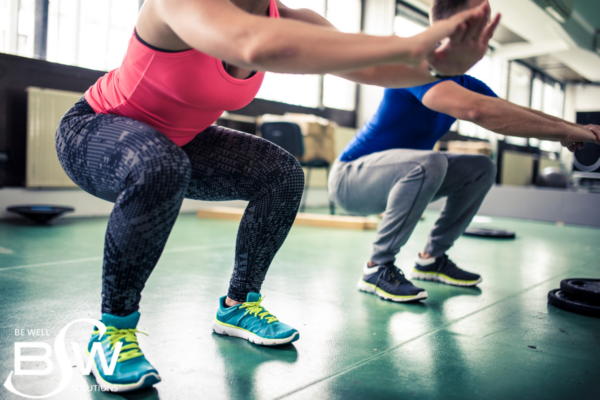Functional Fitness: How It Can Improve Daily Life
Regular exercise comes with a wide range of physical and mental benefits. It lowers the risk of health conditions, enhances sports performance, increases endurance, and improves mental health, but did you know it can also help improve your daily life? Exercise should also benefit your everyday activities. According to Mayo Clinic1, “Functional fitness exercises train your muscles to work together and prepare them for daily tasks by simulating common movements you might do at home, at work or in sports.” These functional exercises benefit any age and promote quality of life now and in the future.
The Benefits of Functional Fitness
We use muscles each day for tasks like picking things up off the floor, standing up from a chair, carrying groceries, pushing a door open, walking up and down stairs, and so much more. Muscle mass decreases as we age, and then we notice simple daily tasks become more challenging. However, this doesn’t have to be the case. Functional fitness exercises preserve strong muscles and allow activities and chores to be more manageable and easily accomplished. It also helps to maintain and increase our endurance, stamina, balance, and flexibility. Functional movements are all about promoting the proper movement of our bodies and limiting the risk of injury so we can continue performing responsibilities and enjoying hobbies.
Incorporating Functional Fitness into Your Routine
Think about the movements you make each day. What chores do you typically perform? What hobbies do you have? Are steps involved? Does it require balance, endurance, or strength? Add exercises to your routine that mimic these daily movements. Functional exercises usually involve multiple joints and muscles because that is often how our body performs tasks. Squats can help with standing, sitting, and getting in and out of a car. Deadlifts are beneficial if you spend time picking things up off the floor. A chest press or push-up will build strength for pushing open a door or getting up from the floor. Step-ups or step-downs will improve the balance, stability, and strength needed for climbing or descending stairs. Many functional exercises use only body weight or minimal equipment, which makes it easier to tailor for any age and skill level. To personalize your fitness routine further, consider talking with a certified personal trainer or exercise physiologist to help you incorporate exercises to meet your needs.
Always consult with your physician before starting a new exercise program.
Continue Reading April 2024 Newsletter: Prioritizing Wellness in a Busy World

